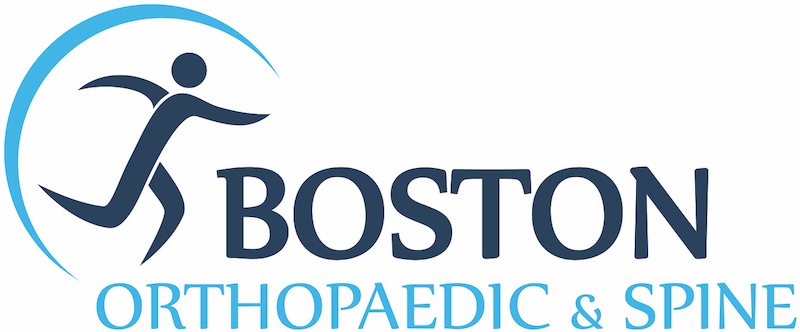How To Track Your Pain: The Power of a Pain Diary
- Back pain is a common ailment that affects many of us at some point in our lives. At Boston Orthopaedic and Spine, we understand that each individual’s experience with back pain is unique.
- This guide aims to help you better understand and manage your back pain, ensuring you receive the most effective treatment tailored to your needs.
Everyone Feels Pain Differently
Pain is deeply personal and subjective. What may be a minor annoyance for one person could be debilitating for another. Communicating this pain, especially with its varying intensity and nature, can be challenging. This is where simple scoring systems come in handy. The smiley face pain scale, numerical ratings (1-10), and descriptive scales (mild, moderate, severe) are tools designed to bridge the gap between personal experience and clinical assessment.
For example, while one patient might describe their pain as a constant, dull ache rated at a 5 on the pain scale, another might experience sharp, intermittent bursts of pain, rating it a 7. These descriptions provide valuable insights into the nature of your pain.
Why Should You Track Your Pain Levels?
Let’s admit it, we’re all busy, and remembering how our back felt two weeks ago on a Wednesday can be surprisingly tricky. This is where tracking your pain levels becomes crucial. It’s not just about recording numbers; it’s about capturing the context of your pain. Was it after a long drive? During a stressful day at work? Keeping track of these details offers a clearer, more accurate picture to your healthcare provider.
This practice is particularly beneficial post-treatment or surgery. It helps in assessing the effectiveness of the interventions and guides any necessary adjustments in your treatment plan.
How to Track Your Back and Neck Pain
There are several ways to track your pain:
- Pain Diary Apps: Many apps are available that allow you to log your pain levels, symptoms, medication, and other relevant factors. Look for apps that offer customization and easy-to-understand pain scales.
- Manual Notes: If you prefer pen and paper, keep a dedicated pain journal. Note the date, time, pain intensity, activities that aggravate or alleviate your pain, and any medication taken. Consistency is key, so try to make entries regularly.
Remember, it’s not just about the physical aspects. How your pain affects your mood and daily activities is equally important.
The Impact of a Pain Diary on Treatment and Understanding
A well-maintained pain diary can significantly influence your treatment plan. It enables your healthcare provider to identify patterns and triggers, leading to more personalized and effective treatment strategies. Moreover, understanding your pain patterns can reduce the frustration and anxiety that often accompany chronic pain. It empowers you to take an active role in your pain management.
Patients who have maintained a pain diary often report a better understanding of their condition and more effective communication with their healthcare providers.
Your pain is unique to you. Recognizing this and taking steps to track and communicate your pain effectively can make a significant difference in your treatment and overall well-being. At Boston Orthopaedic and Spine, we are committed to understanding and addressing your individual needs.
We encourage you to start your pain diary today and discuss it with your healthcare provider at your next appointment. Together, let’s take a proactive step towards better managing your back pain.

